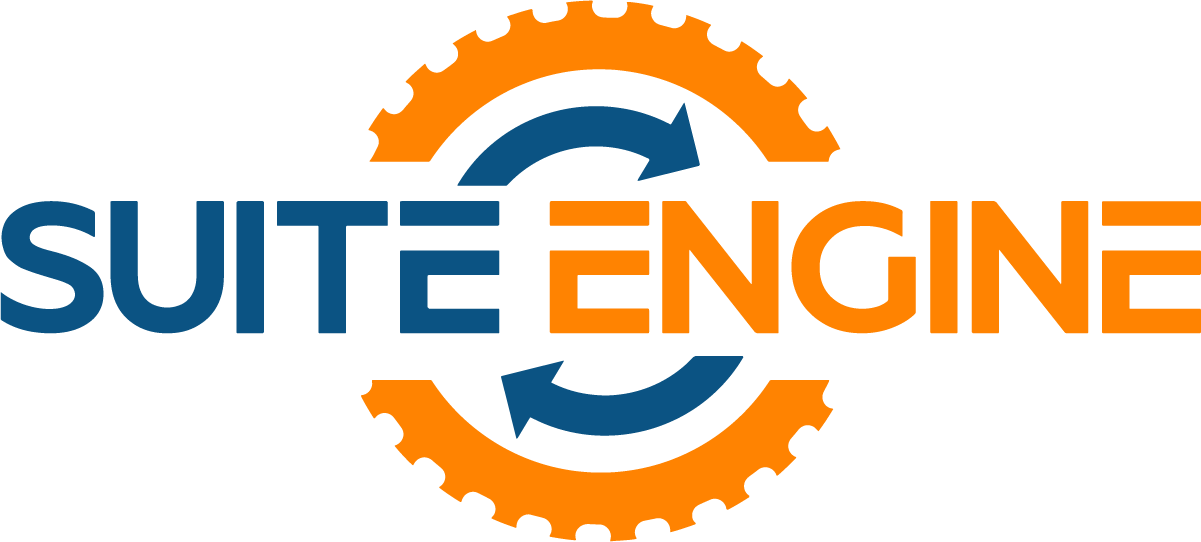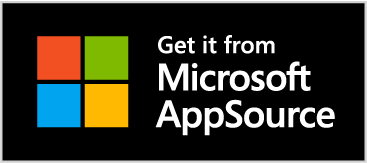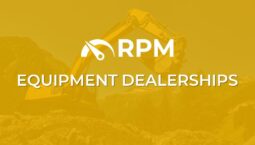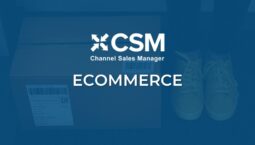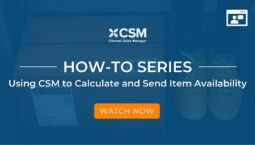Evaluating a Dealer Management System (DMS)
4 Questions to Ask When Evaluating a DMS
Feeling skeptical about claims that Dealer Management Systems (DMS) offer 360° visibility across all operational functions for your dealership? Well, you should because not all DMS have built-in modules providing seamless integration across all dealership functions, including financial management, inventory control, sales and service management, and more.
|
OVERVIEW |
|
|
Fully Integrated DMS |
Bundle DMS |
| Comprehensive software solution with built-in modules for all functions of a dealership ranging from financial management all the way to customer relations.
PROS:
CONS:
|
Collection of different software products that integrate with each other to manage all dealership functions.
PROS:
CONS:
|
A Better Way to Financial Management
As a decision-maker leading the finance department at your organization, focusing on better financial management is an essential task. Your team must have a fast and efficient way to register financial transactions, manage relationships between all rooftops across your territory, manage internal cost accounting to control expenditures, and better forecast—all while meeting the organization’s financial goals.
You need to ensure that your DMS is fully integrated. Many DMS systems on the market refer to themselves as having a “stand-alone system,” but they require separate external software like QuickBooks for accounting, for example. Adding other software platforms may cause security issues and additional costs and will slow down operations. These inconveniences can lead to inefficiencies and frustrations for your team and ultimately hinder your organization’s growth and success as a whole.
Challenge: Without a fully integrated DMS, your team may spend countless hours on manual data entry, reconciliation, and other accounting-related tasks resulting in errors, lost time, and even lost revenue. Your team may also struggle with data security and control, as separate systems can increase the risk of data mismanagement and breaches.
This truly emphasizes the importance of having a 360° view across all financial functions in one DMS.
Solution: Ensuring that your DMS is fully integrated is crucial to avoid potential pitfalls. But how can you tell if a DMS is truly integrated and not just another system requiring endless add-ons or separate software? By asking software providers the right questions, you can better understand the system’s capabilities and whether it’s the right fit for your dealership.
4 Key Questions to Ask When Evaluating a DMS for Your Heavy Equipment Dealership
-
Does your DMS have a built-in financial management module?
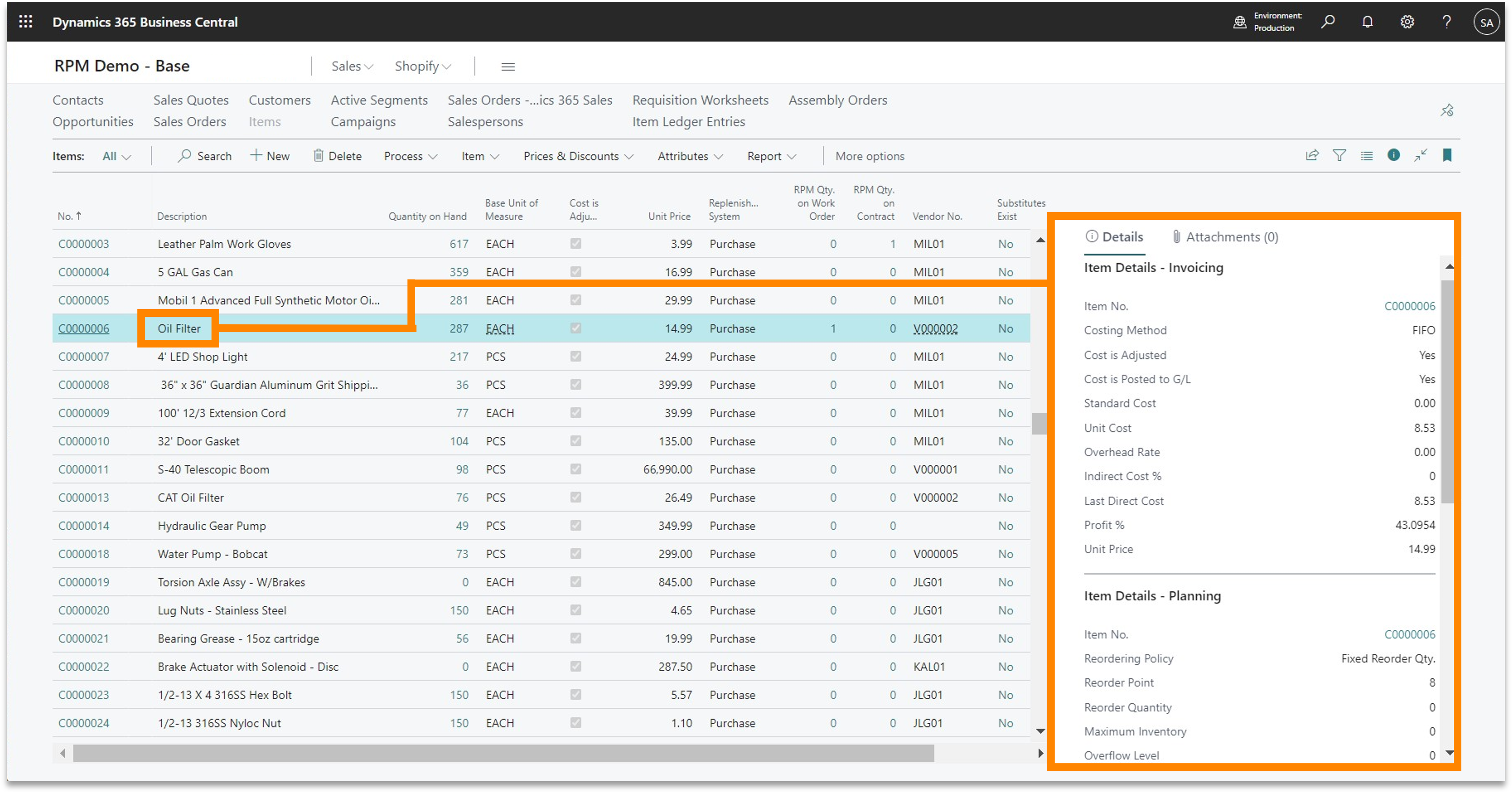 A fully integrated DMS should include a financial management module that provides a fast and efficient way to register financial transactions and manage internal cost accounting. This module should be part of the overall system, so there’s no need to use separate accounting software like QuickBooks.
A fully integrated DMS should include a financial management module that provides a fast and efficient way to register financial transactions and manage internal cost accounting. This module should be part of the overall system, so there’s no need to use separate accounting software like QuickBooks. -
Can your DMS handle all financial transactions, including accounts payable and receivable?
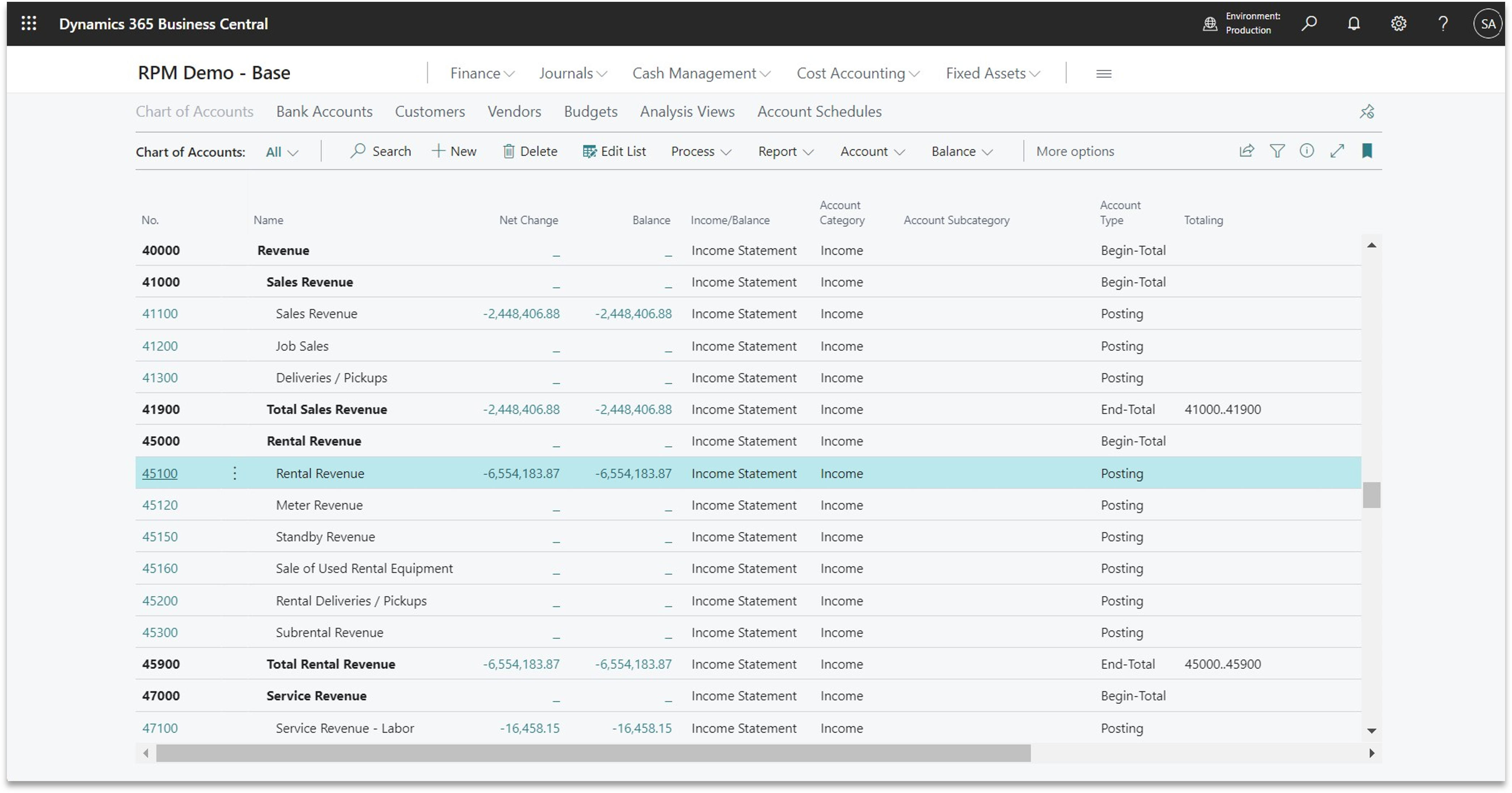 A fully integrated DMS should be able to handle all financial transactions, from accounts payable and accounts receivable to general ledger and cash management. This way, you can ensure that all financial data is captured and tracked within a single system, providing better visibility and control for your team.
A fully integrated DMS should be able to handle all financial transactions, from accounts payable and accounts receivable to general ledger and cash management. This way, you can ensure that all financial data is captured and tracked within a single system, providing better visibility and control for your team. -
Does your DMS allow for customized financial reporting?
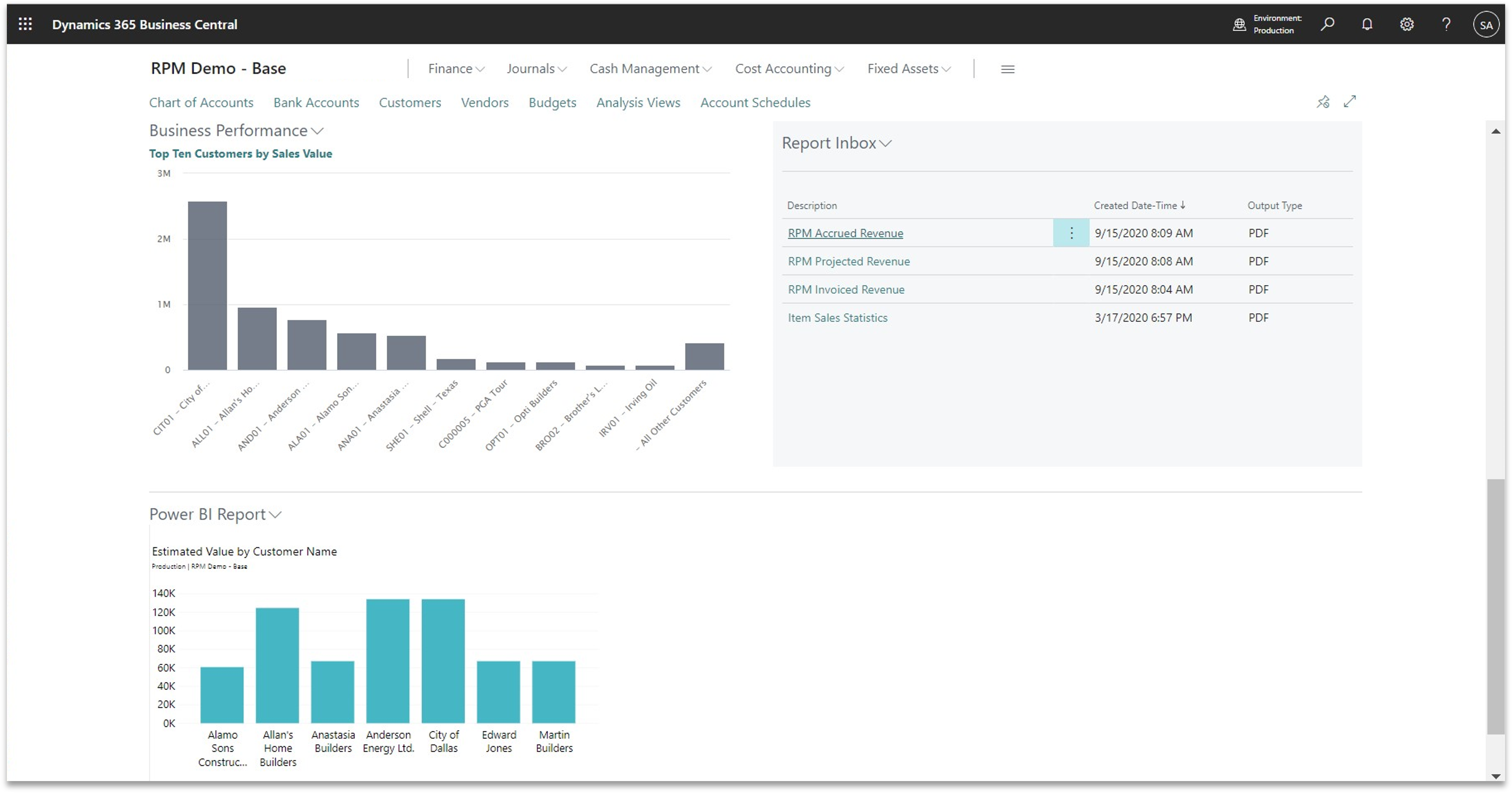 A fully integrated DMS should allow for customized financial reporting that meets the specific needs of your dealership. Since all information is in one place, you can access real-time dashboards, custom financial statements, and other reports that provide insights into your organization’s financial health and performance.
A fully integrated DMS should allow for customized financial reporting that meets the specific needs of your dealership. Since all information is in one place, you can access real-time dashboards, custom financial statements, and other reports that provide insights into your organization’s financial health and performance. -
Is your DMS powered by Microsoft Dynamics 365 Business Central?
Dynamics 365 Business Central is a comprehensive business management solution that offers full integration across all functions in a dealership, including financial management, so there is no need to buy additional systems. Leveraging technology powered by Microsoft—one of the largest software manufacturers in the world, investing more than $1 billion each year in research and development into the Dynamics product line—will ensure you have a solution that is built to streamline your organization’s processes and provide the safest and fastest return on your investment.
By asking these four key questions, you can determine whether a DMS is truly integrated or simply requires add-ons to help you accomplish your organization’s goals.
If you think a fully integrated DMS is the best option for your dealership, we invite you to learn more about RPM by Suite Engine. Built within Business Central, RPM offers a fully integrated solution that will move your finance department away from manual processes, information silos, and disconnected systems to a comprehensive solution that includes a built-in financial management module, customized reporting, and more. See our solution in action by requesting a demo today.
SUITE ENGINE | We connect your business with modern software from Microsoft.
Simplified processes. All in one place.
Equipment Management | Production Builders | and more …
Learn more from Suite Engine …
SHARE THIS POST:
